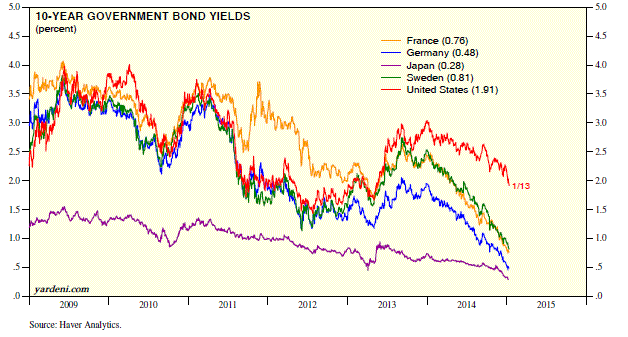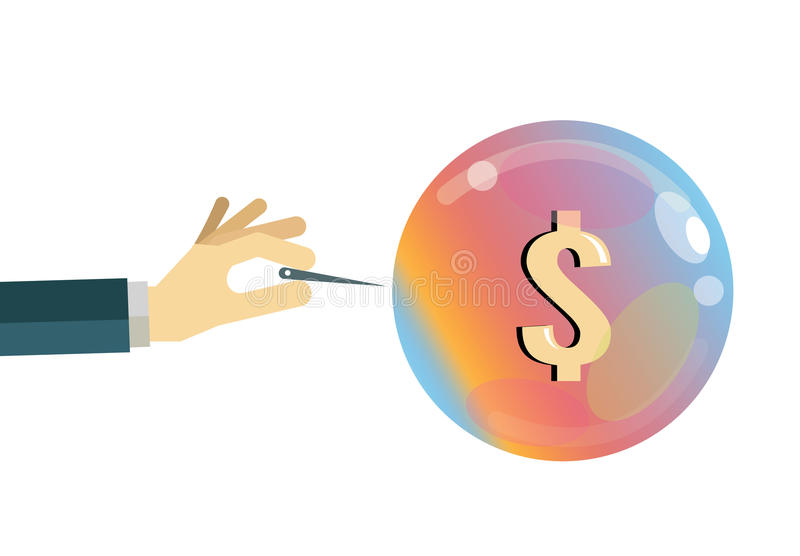
Whether you are an experienced trader or a novice, forex trading offers a lot of risk. Many traders lose money on the market. Traders must be able accept losses without giving up. A sound trading strategy and the ability to capitalize on the many opportunities available in forex markets is key to making money.
Forex market is a decentralized marketplace that is managed by a global network financial institutions. Demand and supply determine currency prices. The supply and demand of buyers and sellers determine currency prices. It is important to keep track of the most recent economic indicators.
A currency market is a complex and dynamic system that is influenced by interest rates, political conditions, and the pace of economic growth. Traders must keep an eye on the latest economic news and charts to spot trends in the market. It is important that traders understand the dynamics of currency fluctuations.

With an average daily trade volume of $5 trillion, the forex market is the world's largest financial market. Although the market is considered to be less volatile than the equity market, it still offers a number of risks. Forex traders can lose millions of dollars without taking proper precautions. Forex trading is highly speculative, and it is important to understand how the market works. Leverage is a tool traders have to make their trades more lucrative. Leverage allows traders to participate in the market without putting down large amounts of money. However, leverage can have the unfortunate side effect of causing periodic losses.
The forex market is a highly competitive market that is available 24 hours a days, five days per week. There are many opportunities to make money on the forex market. However, it can also be volatile. It is also a decentralized market that is susceptible to fraud, scheming, and undercapitalization.
Although the forex market may not be the best place to make quick money, it is a good way to hedge against currency rate fluctuations in the future. Private contracts are available to traders in order to lock-in an exchange rate. Spread is the difference in the buy and sell price of a currency pair. If the currency price goes up 1% it is considered a "buy", and it falls 1% it becomes a'sell'.
Forex is an online market. It is not controlled by any central exchange. However, the market still faces significant macroeconomic risk. It is important to know how the market works, especially if your goal is to leverage. Traders who attempt to force abnormal return risk more capital than necessary.

It is crucial to make the most of leverage. Leverage allows currency traders to take part in currency trading without needing large amounts of cash. Leverage can also improve the return on investment. It can also lead you to huge losses.
FAQ
Why is a stock called security?
Security is an investment instrument whose worth depends on another company. It can be issued by a corporation (e.g. shares), government (e.g. bonds), or another entity (e.g. preferred stocks). The issuer can promise to pay dividends or repay creditors any debts owed, and to return capital to investors in the event that the underlying assets lose value.
How do you invest in the stock exchange?
Brokers allow you to buy or sell securities. Brokers can buy or sell securities on your behalf. Trades of securities are subject to brokerage commissions.
Banks are more likely to charge brokers higher fees than brokers. Banks are often able to offer better rates as they don't make a profit selling securities.
An account must be opened with a broker or bank if you plan to invest in stock.
A broker will inform you of the cost to purchase or sell securities. Based on the amount of each transaction, he will calculate this fee.
You should ask your broker about:
-
To trade, you must first deposit a minimum amount
-
If you close your position prior to expiration, are there additional charges?
-
What happens when you lose more $5,000 in a day?
-
how many days can you hold positions without paying taxes
-
How much you can borrow against your portfolio
-
whether you can transfer funds between accounts
-
How long it takes for transactions to be settled
-
How to sell or purchase securities the most effectively
-
How to avoid fraud
-
how to get help if you need it
-
How you can stop trading at anytime
-
Whether you are required to report trades the government
-
Whether you are required to file reports with SEC
-
How important it is to keep track of transactions
-
If you need to register with SEC
-
What is registration?
-
How does it affect you?
-
Who must be registered
-
When do I need to register?
Can bonds be traded
Yes, they do! As shares, bonds can also be traded on exchanges. They have been for many years now.
You cannot purchase a bond directly through an issuer. A broker must buy them for you.
This makes it easier to purchase bonds as there are fewer intermediaries. This means you need to find someone willing and able to buy your bonds.
There are many types of bonds. While some bonds pay interest at regular intervals, others do not.
Some pay interest quarterly while others pay an annual rate. These differences make it easy compare bonds.
Bonds are very useful when investing money. For example, if you invest PS10,000 in a savings account, you would earn 0.75% interest per year. The same amount could be invested in a 10-year government bonds to earn 12.5% interest each year.
If all of these investments were put into a portfolio, the total return would be greater if the bond investment was used.
What are the benefits to investing through a mutual funds?
-
Low cost - Buying shares directly from a company can be expensive. Buying shares through a mutual fund is cheaper.
-
Diversification is a feature of most mutual funds that includes a variety securities. One security's value will decrease and others will go up.
-
Professional management - professional managers make sure that the fund invests only in those securities that are appropriate for its objectives.
-
Liquidity: Mutual funds allow you to have instant access cash. You can withdraw the money whenever and wherever you want.
-
Tax efficiency - mutual funds are tax efficient. You don't need to worry about capital gains and losses until you sell your shares.
-
For buying or selling shares, there are no transaction costs and there are not any commissions.
-
Mutual funds are easy to use. All you need to start a mutual fund is a bank account.
-
Flexibility - you can change your holdings as often as possible without incurring additional fees.
-
Access to information - You can view the fund's performance and see its current status.
-
Investment advice – you can ask questions to the fund manager and get their answers.
-
Security - know what kind of security your holdings are.
-
You have control - you can influence the fund's investment decisions.
-
Portfolio tracking - you can track the performance of your portfolio over time.
-
Ease of withdrawal - you can easily take money out of the fund.
There are disadvantages to investing through mutual funds
-
There is limited investment choice in mutual funds.
-
High expense ratio - Brokerage charges, administrative fees and operating expenses are some of the costs associated with owning shares in a mutual fund. These expenses will reduce your returns.
-
Lack of liquidity - many mutual fund do not accept deposits. These mutual funds must be purchased using cash. This limits the amount of money you can invest.
-
Poor customer service. There is no one point that customers can contact to report problems with mutual funds. Instead, contact the broker, administrator, or salesperson of the mutual fund.
-
Risky - if the fund becomes insolvent, you could lose everything.
How does Inflation affect the Stock Market?
The stock market is affected by inflation because investors need to pay for goods and services with dollars that are worth less each year. As prices rise, stocks fall. This is why it's important to buy shares at a discount.
How are securities traded?
The stock market lets investors purchase shares of companies for cash. Shares are issued by companies to raise capital and sold to investors. When investors decide to reap the benefits of owning company assets, they sell the shares back to them.
Supply and demand are the main factors that determine the price of stocks on an open market. When there are fewer buyers than sellers, the price goes up; when there are more buyers than sellers, the prices go down.
Stocks can be traded in two ways.
-
Directly from the company
-
Through a broker
Statistics
- "If all of your money's in one stock, you could potentially lose 50% of it overnight," Moore says. (nerdwallet.com)
- Ratchet down that 10% if you don't yet have a healthy emergency fund and 10% to 15% of your income funneled into a retirement savings account. (nerdwallet.com)
- US resident who opens a new IBKR Pro individual or joint account receives a 0.25% rate reduction on margin loans. (nerdwallet.com)
- For instance, an individual or entity that owns 100,000 shares of a company with one million outstanding shares would have a 10% ownership stake. (investopedia.com)
External Links
How To
How to create a trading plan
A trading plan helps you manage your money effectively. It will help you determine how much money is available and your goals.
Before you begin a trading account, you need to think about your goals. You may want to save money or earn interest. Or, you might just wish to spend less. If you're saving money, you might decide to invest in shares or bonds. You can save interest by buying a house or opening a savings account. Maybe you'd rather spend less and go on holiday, or buy something nice.
Once you have a clear idea of what you want with your money, it's time to determine how much you need to start. This depends on where you live and whether you have any debts or loans. Consider how much income you have each month or week. The amount you take home after tax is called your income.
Next, you need to make sure that you have enough money to cover your expenses. These include bills, rent, food, travel costs, and anything else you need to pay. All these things add up to your total monthly expenditure.
Finally, figure out what amount you have left over at month's end. This is your net discretionary income.
Now you know how to best use your money.
To get started with a basic trading strategy, you can download one from the Internet. Or ask someone who knows about investing to show you how to build one.
Here's an example of a simple Excel spreadsheet that you can open in Microsoft Excel.
This graph shows your total income and expenditures so far. This includes your current bank balance, as well an investment portfolio.
Another example. This one was designed by a financial planner.
It shows you how to calculate the amount of risk you can afford to take.
Don't attempt to predict the past. Instead, focus on using your money wisely today.